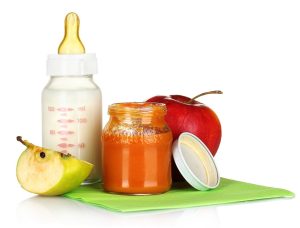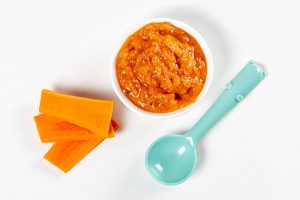How Do You Decide Whether to Purchase Commercial Baby Food or Make Your Own Super Baby Food?

Congratulations on the birth of your child. You’re here today because you’re probably trying to decide whether to feed your child prepared meals or healthful homemade baby food. These are legitimate concerns for every new mother.
To begin, there is no rule stating that commercial baby food jars are unsafe for infants. You can still be a decent parent if you give your child a baby food jar. Avoid dying of guilt. Having stated that, let us attempt to comprehend what is most critical for our youngsters.
The point is that with the correct set of tools and a little bit of time, planning and preparing baby meals can be rather calming. It is analogous to nursing. By cooking superfoods at home for your kid, you can ensure that the meal is healthy and free of preservatives, additives, and artificial tastes. Additionally, preparing baby food at home saves you time, money, and energy.
The good news is that you will be entering the kitchen to prepare meals for yourself and your family, and making the baby food will take just an additional 15 minutes while you are there.
What Is the Process Used to Prepare Commercial Baby Foods?
Commercial baby food in jars is cooked at exceptionally high temperatures to eliminate microorganisms and ensure extended shelf life. This, in my opinion, depletes the nutrients and, more crucially, the flavour of fresh food. Oftentimes, commercial baby food in jars contains thickening chemicals such as flour to increase the number of veggies and purees, giving the baby food an odd flavour.
Advertisements and strong branding may sway you into commercial jars, but the reality is that the fresh flavour and nutrition are significantly diminished.
What to Consider When Purchasing Commercial Baby Food?
Therefore, if you intend to purchase commercial jars, be careful to read the label. Avoid foods for infants that include sugar, food starches, or other additions or tastes.
Purchase items that are free of thickeners and fillers. Food should be as natural as possible with the fewest possible additions. Additionally, avoid purchasing baby treats and instead provide your youngster with fresh fruits. Babies do not want sugar, and if it is introduced to them at a young age, they will often cling to sugar meals for a lengthy period.
Spend the additional money, if feasible, on organic and chemical-free food.
The Benefits of Making Your Own Baby Food:

When you consider the benefits of cooking food at home, you will not be convinced that it is time-consuming and inconvenient. The benefits of producing infant food will exceed the little downsides.
Making your homemade baby food forces you to consider what you are feeding your kid and also lays the groundwork for your child to consume fresh handmade food in the future rather than boxed food. They will have a greater appreciation for flavours and tastes.
You can feed fresh fruits and veggies or cooked and pureed fruits and vegetables. Add authentic tastes such as cinnamon, turmeric, and spices to help the youngster develop an appreciation for the meals you prepare at home. And very soon, your child will begin to love meals in the same way as the rest of the family, which may be pureed.
Cooking food at home, whether roasting or steaming, imparts its own distinct tastes. Preparing three or four different fruits and veggies at a time and keeping them in tiny jars for the day simplifies baby meal planning and allows you to spend more time with the baby.
With the foregoing in mind, consider twice before purchasing packaged food for your infant and make the extra effort to develop your child’s taste buds early on. Solicit assistance and advice from moms, grandmothers, and anybody else who has experienced motherhood and prepared food for their infants at home.
Finally, use that extra time to unwind and avoid stressing about each mouthful the baby takes. It requires time and attention to feed newborns, whether homemade or commercial food is used.
